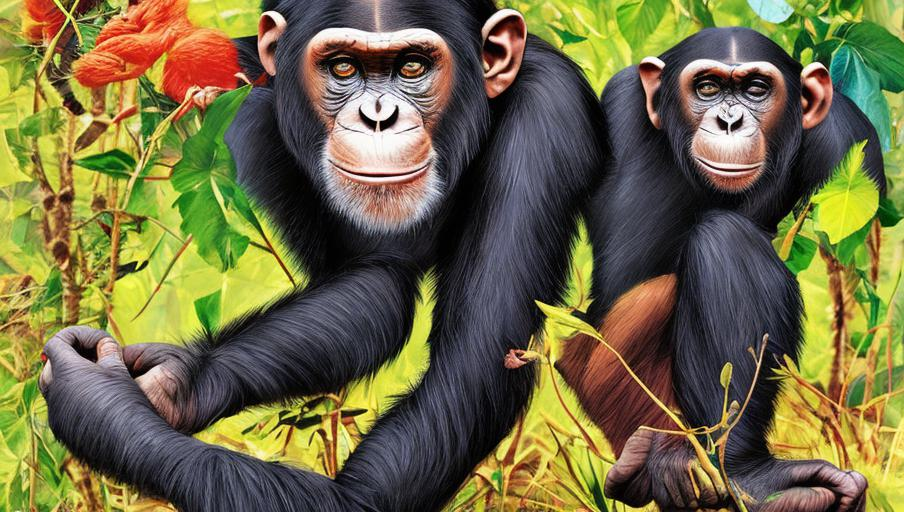Practical Tips for Chimpanzee Conservation

Introduction
Chimpanzees are an iconic species of primates found in the wild in sub-Saharan Africa. They’re an essential part of the African ecosystems, providing essential services like seed dispersal, soil aeration, and pollination. Unfortunately, their populations have been decreasing in recent years due to habitat destruction, poaching, and the pet trade. As a result, it is essential that we take steps to protect these amazing creatures and their habitats. Here are some practical tips on how to help conserve chimpanzees.
Habitat Protection
The first step in conserving chimpanzees is to protect their habitats. This can be done by creating protected areas, such as national parks, that are off limits to logging and other human activities. These protected areas provide a safe place for chimpanzees to live and breed without human interference. Additionally, these areas can be used for research and monitoring so that we can better understand the needs of these animals and create better conservation plans.
Reduce Human-Chimpanzee Conflict
Humans and chimpanzees often come into conflict due to competition for resources like food and water. In order to reduce this conflict, it is important to educate people on the importance of chimpanzees and their habitats. This can be done through awareness campaigns and educational programs that teach people about the importance of respecting the habitats of chimpanzees and other wildlife. Additionally, local authorities can be encouraged to create buffer zones between areas inhabited by humans and chimpanzees to reduce conflict.
Reducing Poaching
Poaching is still a major threat to chimpanzees. In order to reduce poaching, it is important to increase the punishment for poachers and to create a system of enforcement. Additionally, local communities can be educated on the importance of protecting the chimpanzees and the consequences of poaching. Finally, the governments of African countries can be encouraged to take steps to protect chimpanzees and their habitats by creating laws and regulations that prohibit poaching.
Rehabilitation and Release Programs
Another important step in conserving chimpanzees is to create rehabilitation and release programs. These programs help to rehabilitate chimpanzees that have been injured or orphaned and return them to their natural habitats. Additionally, these programs also help to educate people on the importance of respecting chimpanzees and their habitats. Finally, these programs can also be used to monitor the populations of chimpanzees in the wild and help to identify potential threats.
Conclusion
Chimpanzees are an iconic species of African primates that are essential to the African ecosystems. Unfortunately, their populations are in decline due to habitat destruction, poaching, and the pet trade. As a result, it is essential that we take steps to conserve these amazing creatures and their habitats. By creating protected areas, reducing human-chimpanzee conflict, reducing poaching, and creating rehabilitation and release programs, we can help ensure the future of chimpanzees and their habitats.





